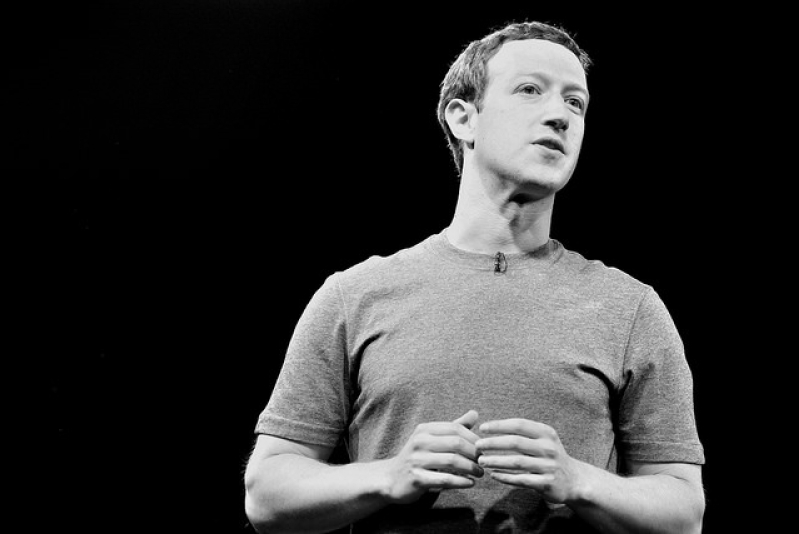
Facebook was recently slammed following the highly debated U.S. elections, with the public agonizing over wrong information published on the biggest social media networking site. The public skepticism reached its height when President Barack Obama expressed his concerns, saying this is a "threat" to democratic institutions.
Last weekend, Facebook CEO Mark Zuckerberg announced that he and his team have been working on the issue. He also assured the public that "we've been working on this problem for a long time and we take this responsibility seriously."
Zuckerberg said that Facebook has always filtered out users' News Feeds and have been penalizing "spams, scams... and misinformation." But he also concedes to the fact that their efforts haven't been enough, given that currently there are 1.79 billion monthly active users of the most popular social networking site.
True to the CEO's word, Facebook has clearly taken steps to tackle fake news and information, and here are some of them:
Firing of Facebook's "Trending" team: Summer of this year saw the full "Trending" department fired. This department is Facebook's team of human curators tasked with watching popular news items and "marketing" them on the site. Marketing, however, depended on automatic and pre-set algorithms that are based on the item's popularity with age groups, location, and status, among other things. This "Trending" structure, while leaves the algorithm to work for itself and saves the team so much time, showed a loophole with the team not doing enough work to sift through correct and wrong data. Fake trending news examples overlooked by the team include: "the presence of alien moon bases, Hillary Clinton coughing up alien eggs... Hillary Clinton's health concerns, Obama saying his family is moving to Canada when Trump gets elected... and Fox News host Megyn Kelly moving out of the station because of sexual abuse."
Better technical systems: Although Zuckerberg hasn't given out the specifics just yet, he says that they are currently working on making it easier for Facebook and the public to report false stories. He says the current system makes it difficult for users to flag posts, which he and his team would like to address. Team-ups with "respected third-party fact-checking organizations" are also being on the works, Zuckerberg confirms.
Warning labels feature: Aside from a more efficient flagging system, Zuckerberg says the team has been experimenting on the addition of "warning labels" so users are informed of the possibility that these types of posts are currently being verified. He also says that similar to a News Feed, posts with "warning labels" are also grouped together which all users can see and get updates on.
Zuckerberg ends his statement with an acknowledgement of the threats of misinformation, "If we are not serious about facts and what's true and what's not, if we can't discriminate between serious arguments and propaganda, then we have problems."






